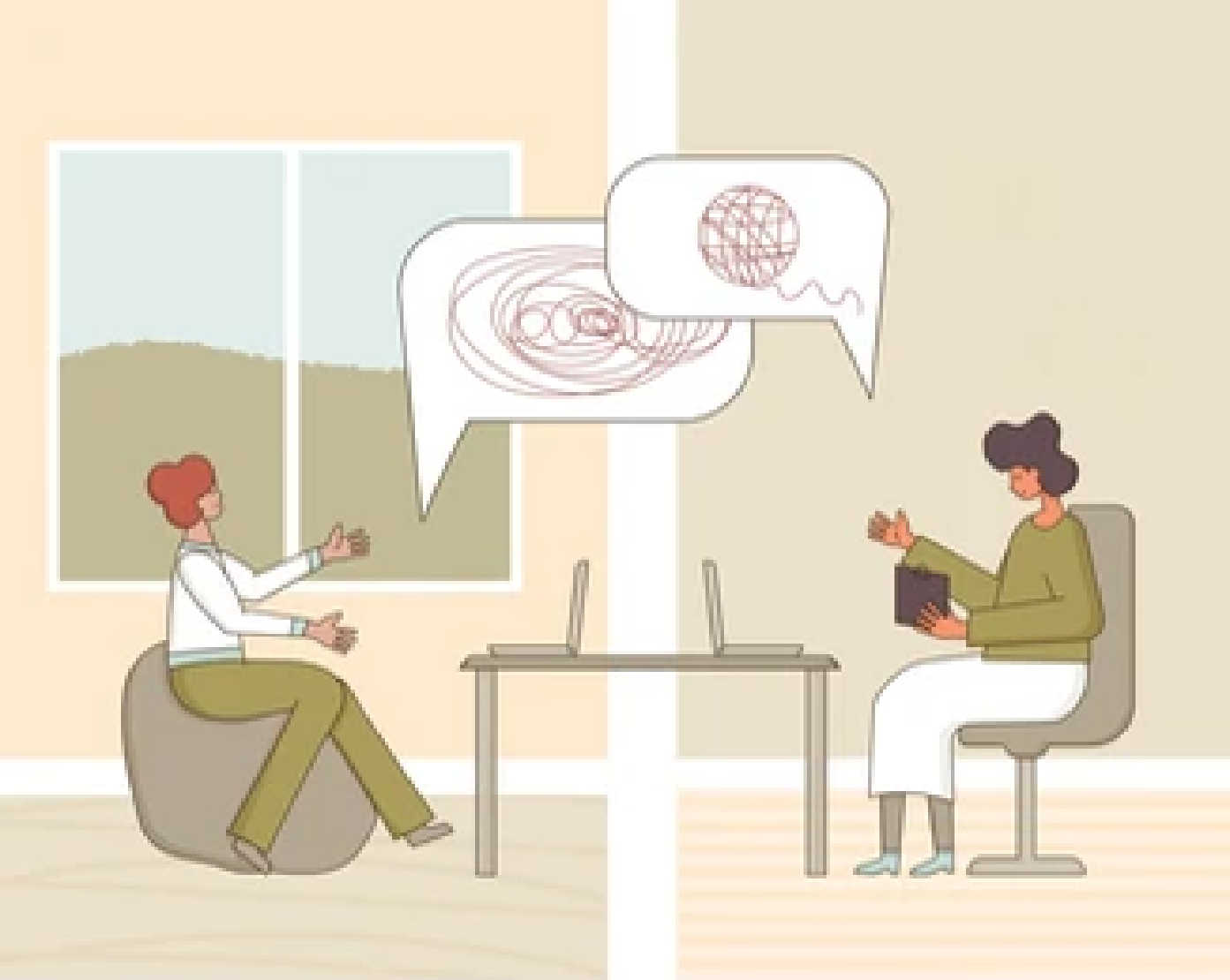
EMPATHETIC UNDERSTANDING AND COUNSELLING
This week’s session, by Dr. Krishna Dutt, was on the topic ‘Empathetic
Understanding and Counselling’. His examples and real-life situations helped to connect to
the concept and put it into practice.
Excerpts from the session:
✓ Sympathy and empathy are related but not synonyms. Sympathy is feeling sorry
about something or someone whereas, empathy is understanding their pain, and
grief, sharing their suffering, and acting upon it.
✓ Empathetic understanding helps to develop unconditional positive regard. There is
an interrelation in all the qualities of a counsellor and help each other propagate.
✓ Being considered as ‘God’ or ‘fraud’ by others is due to the impulsive nature to draw
conclusions based on the situations. This is against being empathetic.
✓ It is important to practice ‘sthirtha’ in any situation and wait for a secondary
response and this helps not to overreact.
✓ When we have healthy self-esteem, then we feel good and see ourselves as
deserving the respect of others. Self-esteemhelps to respond than react.
✓ Self-esteemrefers to how we think and feel about ourselves, how we value our
abilities and skills, and not about how othersthink and feel about us. Self-respect is a
component of self-esteem and it has to do with positive values we attribute
ourselves such as honesty, confidence, humility, integrity, and dignity.
✓ Practice inner observation, introspection, deep breathing, and spend time with
yourself. This helps to respond to the situations and not react.
✓ Although it is important to handle our emotions,there could be situations in which
we might get negative emotions too. Others might have expectations based on the
professions we are in, but it is not to be negated and allow the emotions to flow.
✓ If there is a reaction in any situation, then we are swaying with the emotions
according to the other person. We can choose to respond, instead of reacting which
will allow us to answer what and when we want to respond. There is no need to
change others but there are 101 ways to change ourselves. There could be an
attitudinal difference and perceptual difference.
✓ A superiority complex is an expression of a deep-seated inferiority complex.
✓ A child who belittles others and makes fun of others could have low self-esteem and
has to be counselled only by building good rapport.
✓ A child’s imagination is very high, their intellect is high, and the chances of
perversion is also high, so they need to be directed and nurtured by going their way,
listening, and understanding their talk, thoughts, and imaginations. They have to be
handled with care, by giving importance, and in a friendly manner rather than
preaching and giving instructions.





